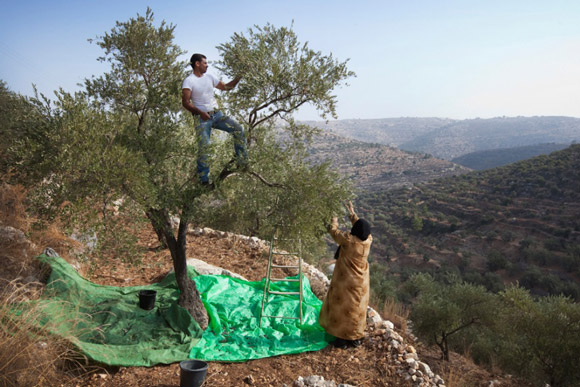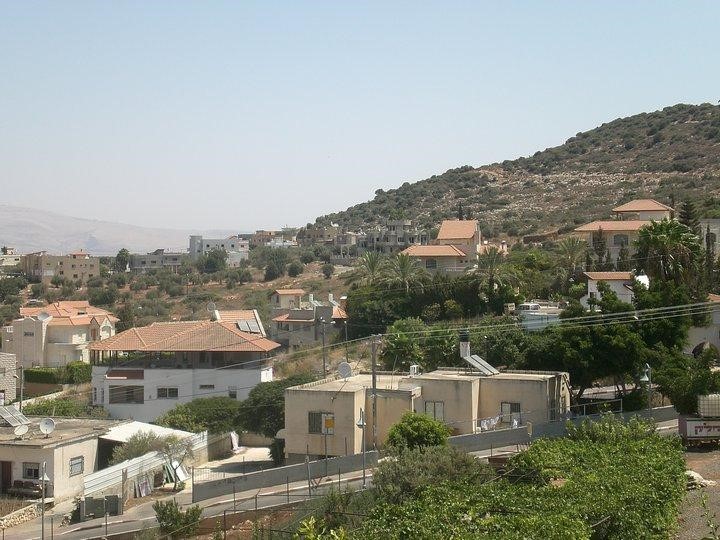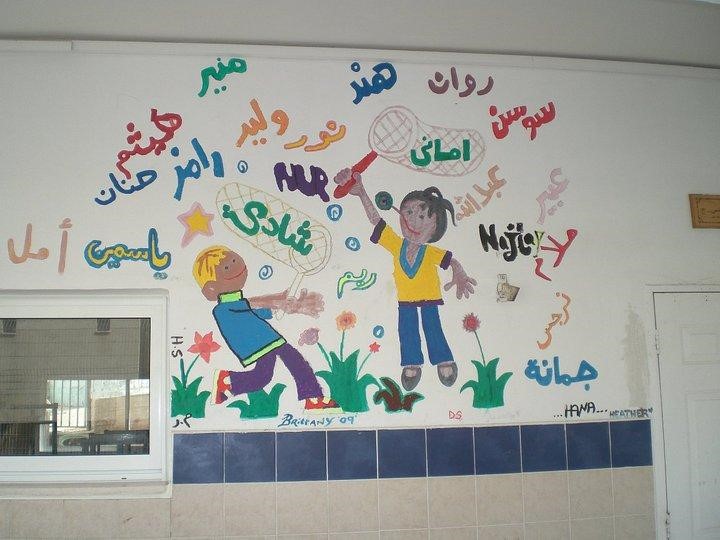 Farmers harvest olives in Galilee. Image credit Jabalna
Farmers harvest olives in Galilee. Image credit JabalnaAs the saying goes, 'there are two sides to every story'. There is a tendency for onlookers to see those involved in the Israeli-Palestinian conflict as either, ‘pro-Israel’ or ‘pro-Palestine’. But after visiting Eilaboun, a small village in the north of Israel, I have realized that there can also be a third side.
Although many view the Israeli-Palestinian conflict as primarily a battle between Muslim Palestine and Jewish Israel, there are many who do not fall into either category. These people, be they Israelis, Arabs, Jews, Muslims, and Christians, are still affected by the conflict. Indeed, one of the consequences of armed conflict is that civilians are often caught in the crossfire, regardless of whether they choose to be involved.
The village of Eilaboun is unique in that it has a majority Christian population. The village has seen its share of conflict. The events the Eilaboun Massacre are unbeknown to many, yet remain imprinted on the memory and hearts of those in the community. On 30 October 1948, the Israeli Defence Force captured Eliaboun. Soldiers forced several men from their homes and killed them in front of the entire community. The rest of the village was forced to flee to Lebanon, where they lived as refugees. Only when this was brought to the attention of the United Nations were the refugees allowed to return to their homes.
 The village of Eilaboun. Image credit: Tori Curbelo
The village of Eilaboun. Image credit: Tori CurbeloI have heard this story time and time again from members of the village. Some were first-hand accounts, others were passed down. During my time in Eilaboun, I stayed with a family from the village, and the grandmother of the house recounted how she had to leave her baby on the side of the road. I was not only interested in the stories the community had to tell, but also in their overall sentiment.
Hopes for peace in Eilaboun
One resident of Eilaboun told me that he did not want a Palestinian state, but that he simply wanted to be considered equal in the eyes of his country. Some of the parents only desired a safe environment for their children to grow up in, and for them to not have to worry about the future. My conversations with community members highlighted how war does not discriminate and that individuals cannot always opt out of participation. Innocent civilians have often been dragged into the conflict, independent of their feelings and personal beliefs.
Not only are there those who want no part in the conflict, but there are people who are actively creating a brighter future for Eilaboun. I volunteered with Jabalna, a local non-profit organisation that supports various social programs and development activities in Eilaboun and across Galilee. Volunteers participate in a number of projects including the assistance of the rebuilding of a cultural centre, facilitating activities in a local school, and planting olive trees. During my visit, I assisted with several community development projects around the village, but I was most involved with was the reconstruction of the cultural centre in Eilaboun. The project offered the opportunity for villagers and volunteers from around the world to come together and enhance community pride within the village.
 Image credit: Tori Curbelo
Image credit: Tori CurbeloOne of Jabalna’s biggest initiatives is the ‘Olive Trees of the Galilee’ project, one of the many ways in which the organization engages in community building. The project sets out to support hundreds of farmers in Galilee by providing them with small olive trees. Although farmers have long depended on the olive tree crop for their livelihoods, the land is becoming infertile and farmers are having difficulty cultivating these trees. By supporting the cultivation of olive trees, farmers and their families will be able to have a reliable source of income from the land that they already own.
The message of hope from the community was solidified by my experience with Jabalna. Their projects illustrate that instead of focusing on the conflict of the past, many in the village are interested in building a strong future.







